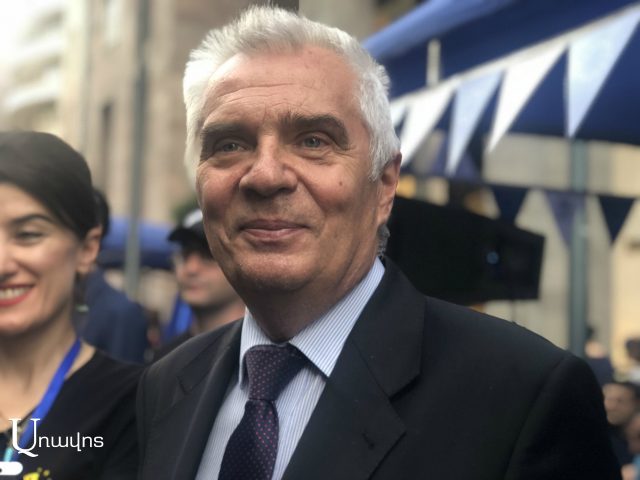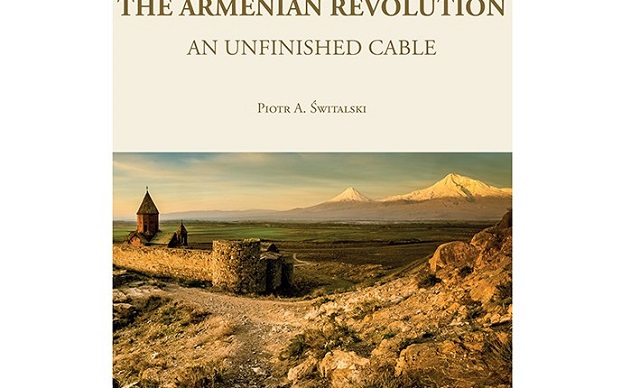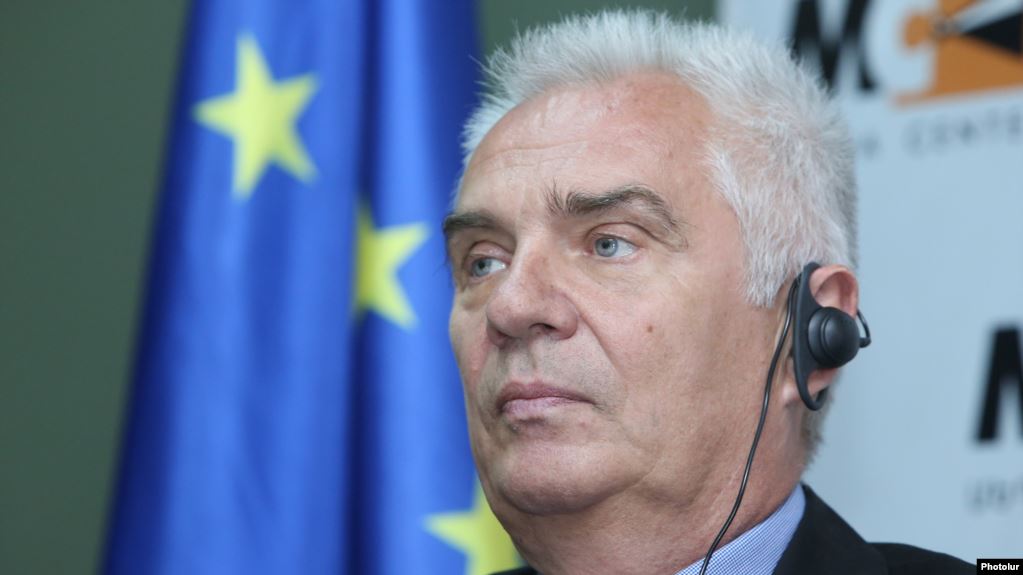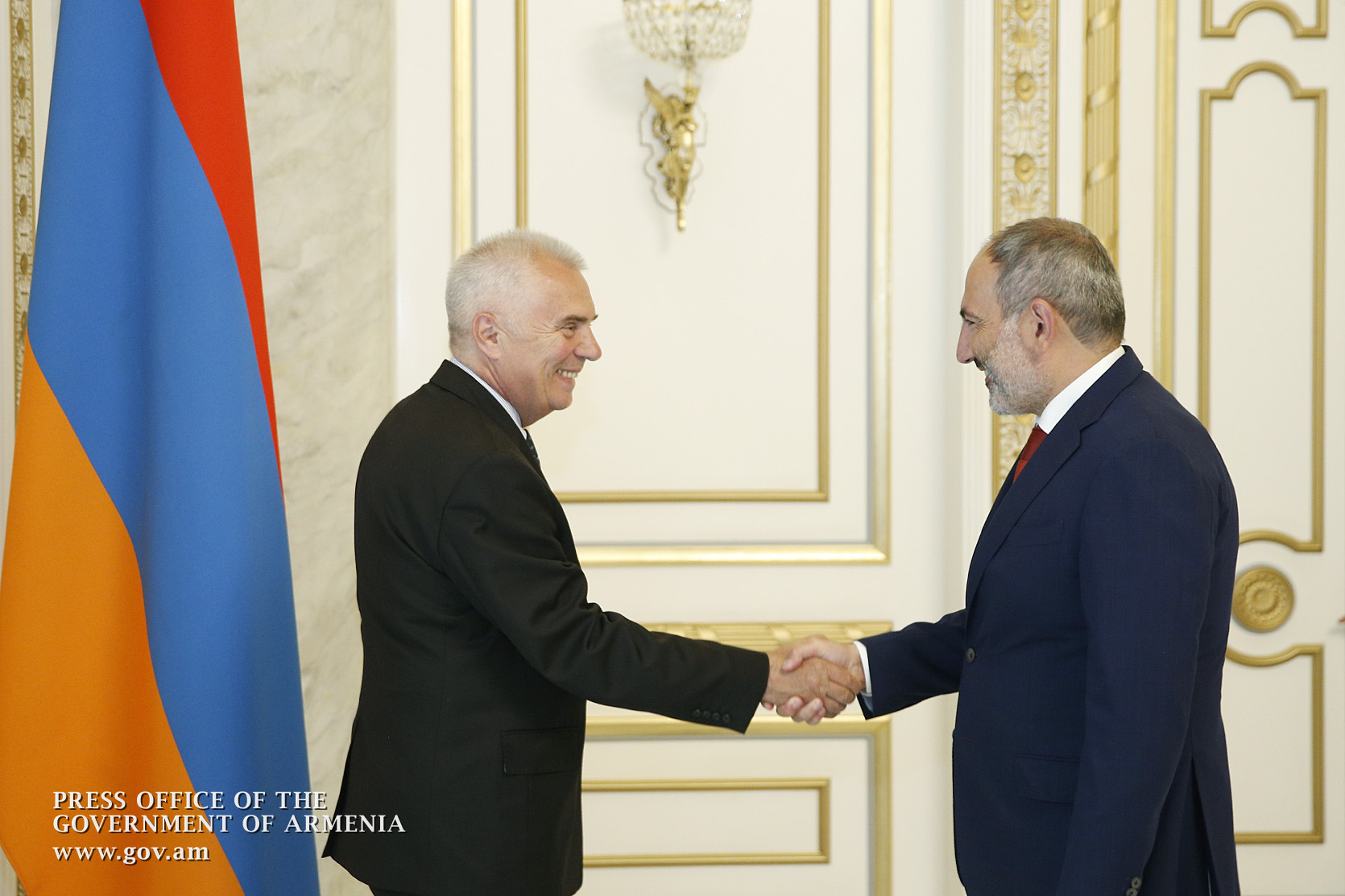“The European Union does not participate in internal discussions in Armenia, including ones regarding how judicial changes need to be carried out in your country,” EU ambassador Piotr Switalski told Aravot Daily upon being asked what his opinion is of vetting as a part of transitional justice, since there are opinions that it is unnecessary and that the process needs to be carried out peacefully.
The ambassador said, “We don’t analyze different opinions that are circulating in public discourse. We are prepared to talk about the experiences of other countries. I am once again calling upon your Minister of Justice who spoke about the Albanian model. We can speak about our experience because the EU is deeply involved in the process of changes being made in Albania. But I believe that Armenia needs to decide. No model should be viewed as the solution for you because you are different. There are different models of vetting as well.”
When Aravot Daily asked about whether vetting is as dangerous as some Armenian lawyers say it is, the ambassador said, “I think that if we look at the Albanian experience, for example, we can say that it was a good thing. Of course, it is a difficult procedure from a legal and constitutional perspective. It takes time and is costly. But you can even read articles on the EU official site about the Albanian experience and see that it was overall a positive one. But anywhere you go, the vetting process is very sensitive. It needs to be approached with caution for obvious reasons. I do not think we need to speak about these reasons due to how obvious they are.”
Nelly Babayan


























































